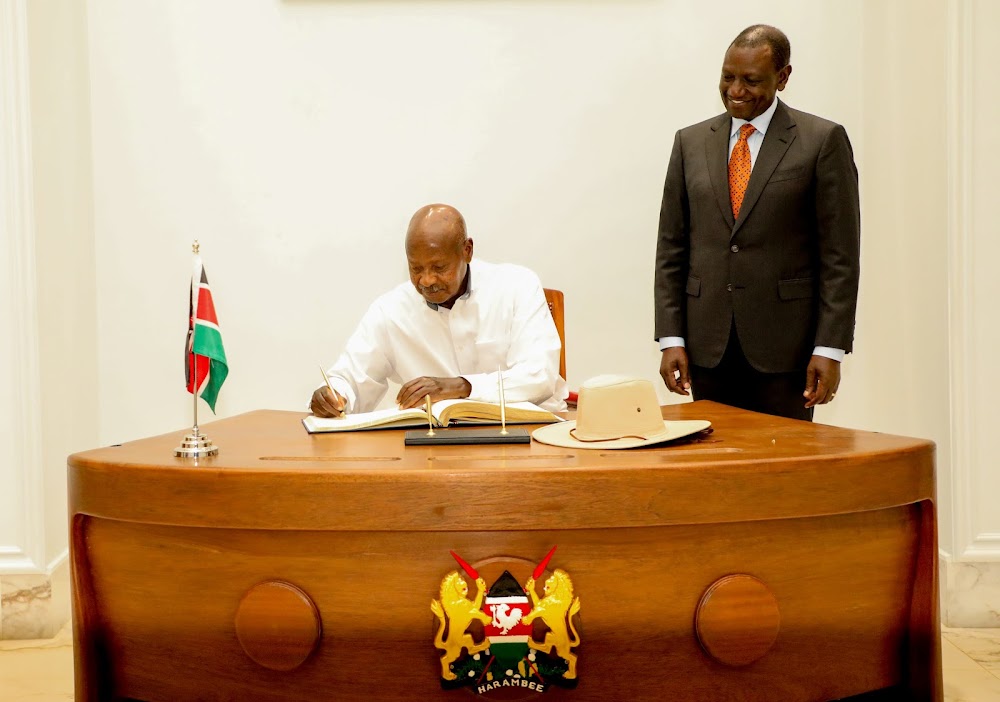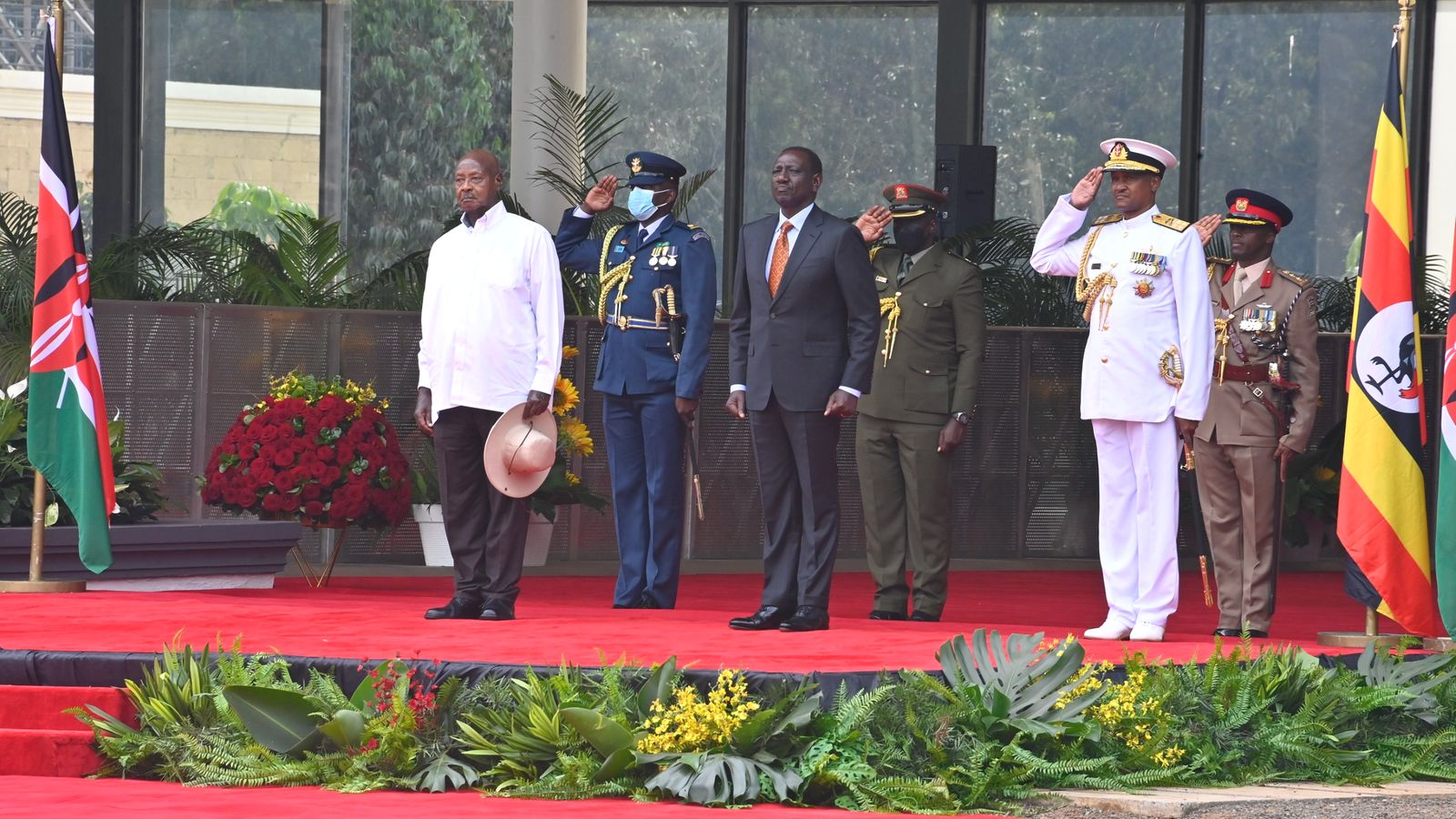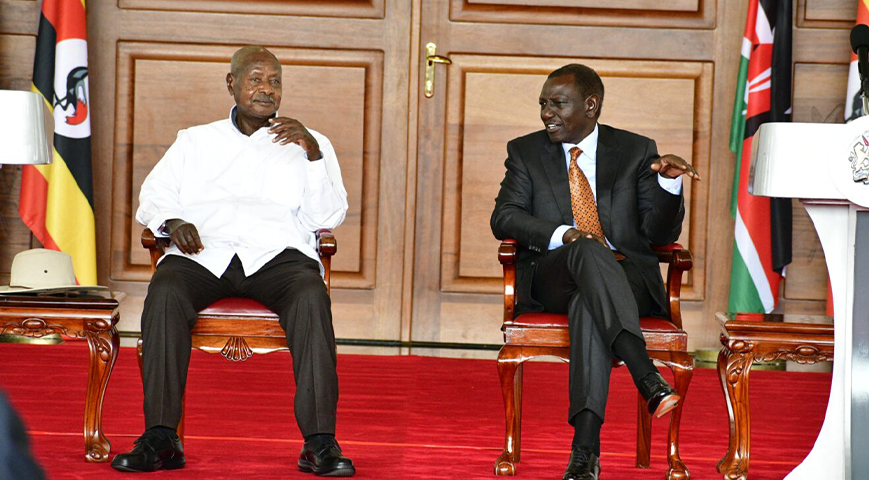The Kenya Pipeline Company (KPC) has announced that Kenya and Uganda have initiated discussions to extend the petroleum products pipeline from Eldoret to Kampala.
This strategic project, discussed between Uganda’s Energy Minister Ruth Ssentamu and Kenya’s Principal Secretary Mohammed Liban, includes the construction of a multi-product pipeline from Eldoret to the Kenya-Uganda border town of Malaba, approximately 127 kilometers away.

Uganda plans to build a connecting line from Malaba to its capital, Kampala, covering 236 kilometers. Future expansion plans also include extending the pipeline to Kigali, Rwanda's capital. KPC Managing Director Joe Sang highlighted that this extension aims to bolster Kenya's competitive edge in the petroleum export market, especially given Uganda's recent shift in its importation strategy.
Ssentamu's visit last week focused on planning and preparation for the project, as well as understanding the operations, infrastructure, and human capacity of the Kenya Pipeline. This development is significant for the regional fuel import market, especially following Uganda's move to independent fuel imports earlier this month.
Did you read this?
Uganda seeks to secure more competitive fuel prices under a new agreement with the Uganda National Oil Corporation (UNOC) and Dutch energy company Vitol Bahrain. Despite this shift, Uganda will continue to rely on Kenya's Mombasa port and KPC’s infrastructure to transport oil products to Eldoret and Kisumu depots.

Earlier this year, tensions arose between Kenya and Uganda when Nairobi denied Uganda’s state-owned oil marketer a license to operate and handle fuel imports locally. This led to Uganda suing Kenya at the East African Court of Justice.
The dispute was addressed in February during a meeting between President William Ruto and Uganda’s President Yoweri Museveni, and a resolution was announced. By May, both leaders tasked their ministers with mobilizing resources for the project, and a progress report is expected by the end of 2024.









